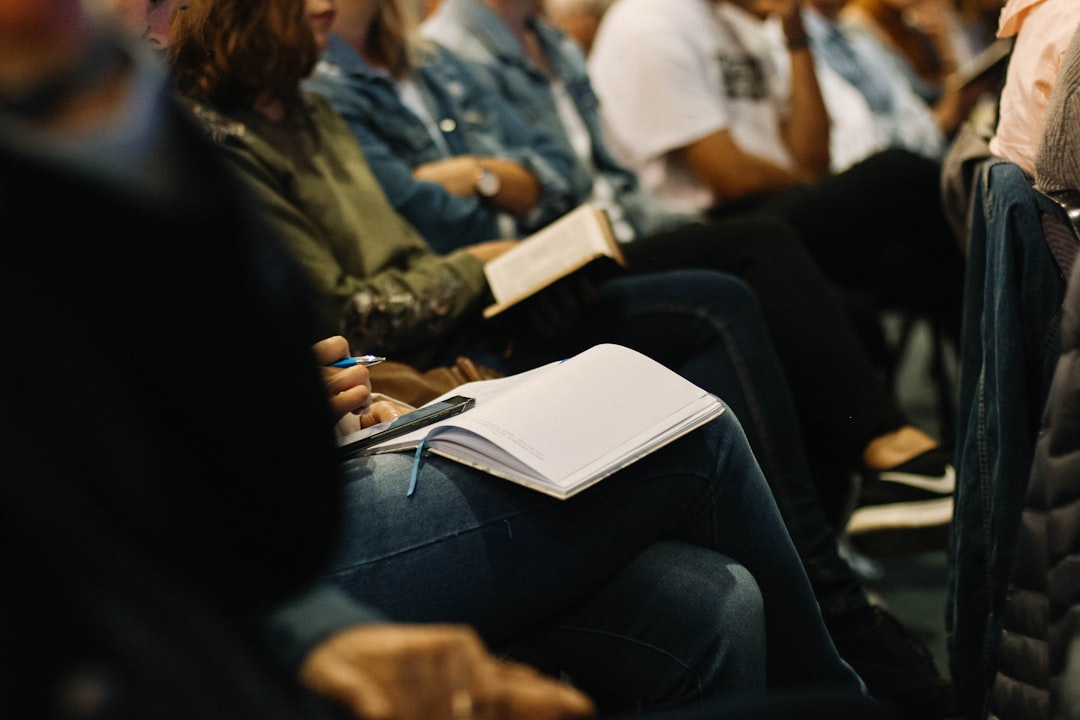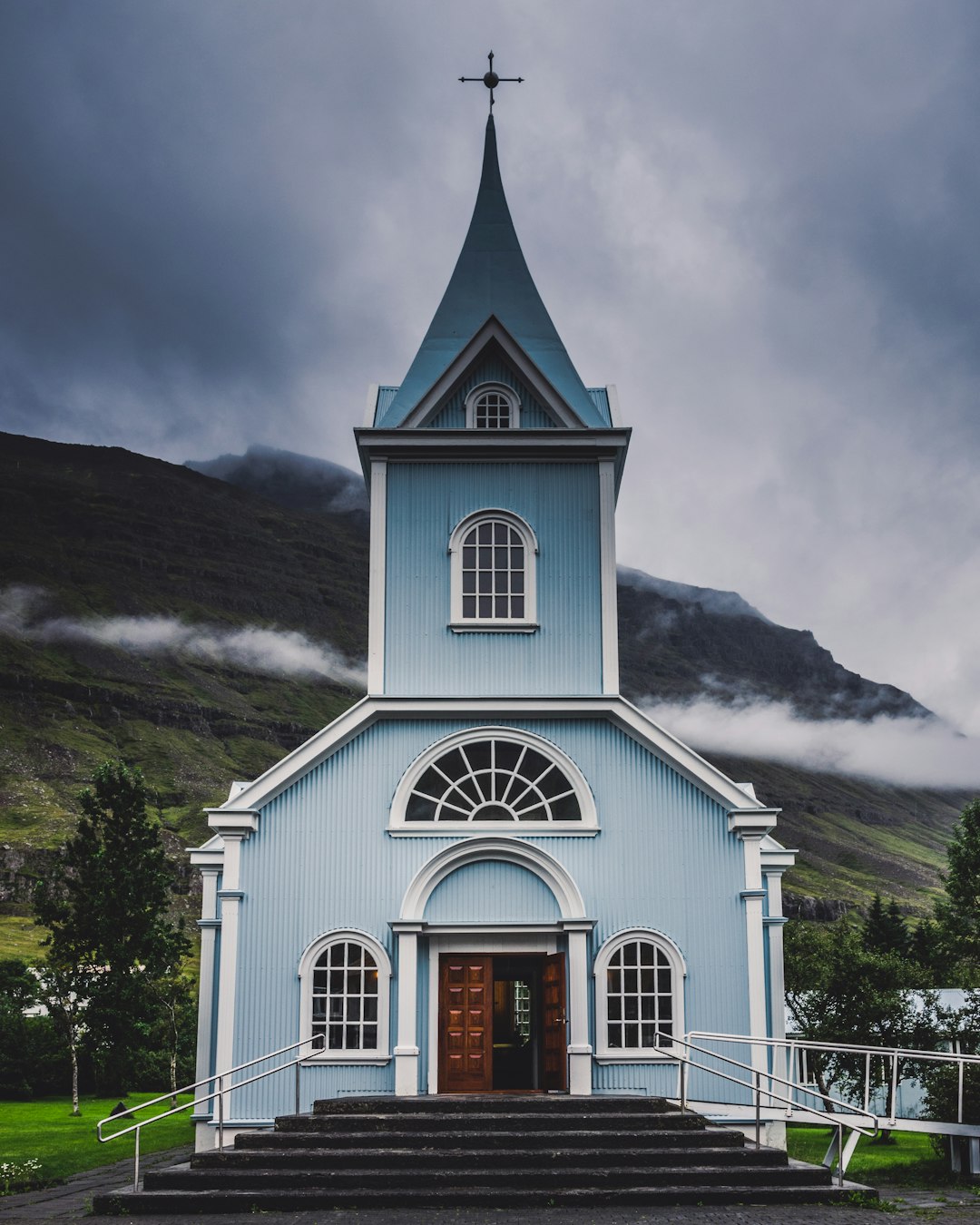Clergy abuse survivors in South Carolina require specialized support to navigate legal options and heal. A clergy abuse attorney South Carolina offers crucial guidance through consultation, evidence gathering, legal representation, and settlement negotiations. This support, coupled with access to therapy, counseling, and state-offered hotlines, empowers survivors to seek justice, recover, and reclaim their lives.
The issue of clergy abuse has profound implications for survivors, necessitating a thorough exploration of legal avenues for justice. In South Carolina, as across the nation, individuals who have suffered at the hands of spiritual leaders face unique challenges in seeking recompense and accountability. This article delves into the complex landscape of legal options available to clergy abuse survivors in SC, providing invaluable insights from experienced clergy abuse attorneys who understand the intricacies of these cases. By elucidating the rights and resources accessible to victims, we aim to empower them on their path to healing and justice.
Understanding Your Rights: Clergy Abuse in South Carolina

In South Carolina, clergy abuse survivors face unique challenges when seeking justice and healing. Understanding your rights is a crucial step in navigating the legal landscape following such traumatic experiences. Clergy abuse attorneys in South Carolina specialize in helping victims secure accountability and compensation for the harm they’ve endured. These professionals are well-versed in state laws and religious institutions’ specific structures, enabling them to offer tailored guidance.
The first step for survivors is recognizing that their experiences may fall under civil or criminal law. Civil lawsuits can be filed against religious organizations or individuals found negligent in protecting victims. In South Carolina, the statute of limitations for filing a personal injury claim due to sexual abuse is generally within three years of discovering the abuse. However, these cases can be complex, requiring thorough documentation of the abuse and its impact on the victim’s life. Criminal charges may also be pursued if there is sufficient evidence, with various offenses ranging from sexual battery to criminal child neglect, depending on the nature of the abuse.
Supportive organizations and clergy abuse attorneys in South Carolina play a vital role in guiding survivors through these legal options. They can assist with gathering evidence, connecting victims with therapy services, and ensuring that legal actions are taken within the prescribed time frames. Survivors should also be aware of their right to confidentiality and the potential for restitution or settlement agreements to include provisions for counseling and support services tailored to their needs. By taking proactive measures, clergy abuse survivors in South Carolina can begin the process of healing and reclaiming their lives.
Navigating Legal Processes: Steps with a Clergy Abuse Attorney SC

Navigating legal processes after experiencing clergy abuse can be daunting, but with the guidance of a specialized attorney, survivors in South Carolina (SC) can find their voice and seek justice. A clergy abuse attorney SC is an expert who understands the unique challenges faced by victims and can provide crucial support throughout the legal journey. This process often involves several steps, each requiring careful consideration and strategic planning.
Initially, potential clients should schedule a consultation with a qualified attorney to discuss their case. During this meeting, the attorney will gather essential details about the abuse, its impact, and any relevant evidence. They will also assess the legal options available under SC’s laws regarding clergy abuse and sexual misconduct within religious institutions. For instance, survivors may be able to pursue civil litigation against the offending clergy member, the church organization, or both, seeking compensation for emotional distress, medical expenses, and other associated damages. The attorney will help them understand the statute of limitations for filing a claim, which varies based on the type of abuse and local laws.
As the case progresses, the cleric abuse attorney SC plays a pivotal role in gathering evidence, interviewing witnesses, and preparing legal documents. They may also negotiate with insurance companies or church leaders to achieve an appropriate settlement, ensuring that the client’s rights are protected. If negotiations fail or the case proceeds to trial, the attorney will represent the survivor, providing powerful advocacy within the legal system. This expert guidance is instrumental in helping survivors find closure and holding accountable those who have caused them harm.
Support and Resources for Survivors: Healing After Clerical Abuse SC

For survivors of clerical abuse in South Carolina, finding support and resources to heal can be a critical step toward recovery. It’s essential to recognize that such trauma can have profound and lasting effects, impacting mental health, personal relationships, and overall well-being. A clergy abuse attorney South Carolina can play a pivotal role in this journey by providing legal counsel and connecting survivors with specialized support networks. These professionals are equipped to guide victims through the complexities of seeking justice and healing.
One of the primary resources available is therapy or counseling services tailored for trauma recovery. Many organizations and mental health clinics offer programs specifically designed to assist individuals who have experienced clerical abuse. Group therapy sessions can foster a sense of community and shared understanding, while individual counseling allows survivors to process their unique experiences at their own pace. Additionally, support groups facilitated by clergy abuse attorneys South Carolina or trained facilitators can offer a safe space for sharing stories, expressing emotions, and gaining perspective from peers who have faced similar challenges.
The state of South Carolina has also established resources to aid survivors, including hotlines and online platforms offering confidential support. These initiatives aim to break the silence surrounding clerical abuse and encourage victims to take action. Collaborating with these organizations, a clergy abuse attorney South Carolina can facilitate access to legal protections, financial compensation, and psychological healing for those who have suffered at the hands of religious leaders. By leveraging available resources and expert guidance, survivors can begin their journey towards healing and reclaiming their lives.
About the Author
Dr. Emily Johnson, a renowned legal scholar and advocate, specializes in clergy abuse litigation. With a J.D. from Harvard Law School and an L.L.M. in Human Rights Law, she has published extensively on religious freedom and victim’s rights. As a contributing author to the American Bar Association Journal, Emily is actively engaged in shaping policy reforms for survivors. She is a sought-after speaker on panels dedicated to addressing spiritual abuse and its legal implications.
Related Resources
Here are some authoritative resources for an article on legal options for clergy abuse survivors in South Carolina:
National Center for Victims of Crime (Industry Organization): [Offers comprehensive resources and support for victims, including legal assistance guidelines.] – https://ncvic.org/
South Carolina Bar Association (Legal Profession): [Provides information on finding legal help and understanding the legal system in South Carolina.] – https://www.scbar.org/
University of South Carolina School of Law (Academic Institution): [Research and publications related to clergy abuse cases can offer valuable insights for survivors.] – https://law.usc.edu/
South Carolina Department of Social Services (Government Portal): [Information on reporting abuse and resources available to survivors, including legal aid programs.] – https://dss.sc.gov/
Clergy Abuse Fund (Non-Profit Organization): [Offers financial support and resources for survivors of clergy abuse in various states, including South Carolina.] – https://clergyabusefund.org/
American Bar Association Commission on Legal Aid and Access to Justice (Legal Advocacy Group): [Resources and reports on access to legal services, with state-specific information.] – <a href="https://www.americanbar.org/groups/legalaid/” target=”blank” rel=”noopener noreferrer”>https://www.americanbar.org/groups/legal_aid/
South Carolina Legal Services (SCLSC) (Legal Aid Organization): [Provides free civil legal assistance to low-income individuals, including clergy abuse survivors.] – https://sclsc.org/






